CORPORATE
RIL gets SEBI nod to spin off O2C business into independent arm, other approvals awaited
- IBJ Bureau
- Feb 23, 2021

Mukesh Ambani-controlled Reliance Industries (RIL) has said that it has received an approval from the Securities and Exchange Board of India (SEBI) and stock exchanges to hive off its oil-to-chemicals (O2C) business into an independent subsidiary.
The company will now require the approval of equity shareholders and creditors, regulatory authorities and the Income Tax Department, besides the National Company Law Tribunals (NCLTs) in Mumbai and Ahmedabad. RIL has added that the approval process had commenced and was expected to be completed by the second quarter of the 2021-22.
In a presentation to investors on Tuesday, RIL said that the creation of this subsidiary will facilitate value creation through strategic partnerships and attract dedicated pools of investors’ capital. The ongoing talks with Aramco for a stake sale in RIL were also mentioned in this presentation. When finalised, the deal is expected to be one of the largest downstream transactions in India.
Commenting on the move, Morgan Stanley has said that RIL’s de-merger plan for O2C business is a step towards monetisation and acceleration of its new energy and material plans into batteries, hydrogen, renewables and carbon capture – all of which point to the next leg of multiple expansion and clarity on the next investment cycle.
RIL has said that it will transfer all its refining, marketing and petrochemical assets to O2C. This includes RIL’s 51 per cent stake in its joint venture with BP, the existing fuel retailing subsidiary. The management control of the O2C continues with RIL and the existing O2C operating team moves with transfer of business. There will be no dilution of earnings or any restriction on cash flows, the company has added.
This O2C portfolio spreads across fuels, polymers,
elastomers, aromatics and fibre, intermediates, and polyesters. Its products
would cater to transportation fuel, construction, agriculture, automobile,
consumer goods, tyres, automobiles, polyester and textiles industries, apparel
industries and beverages.



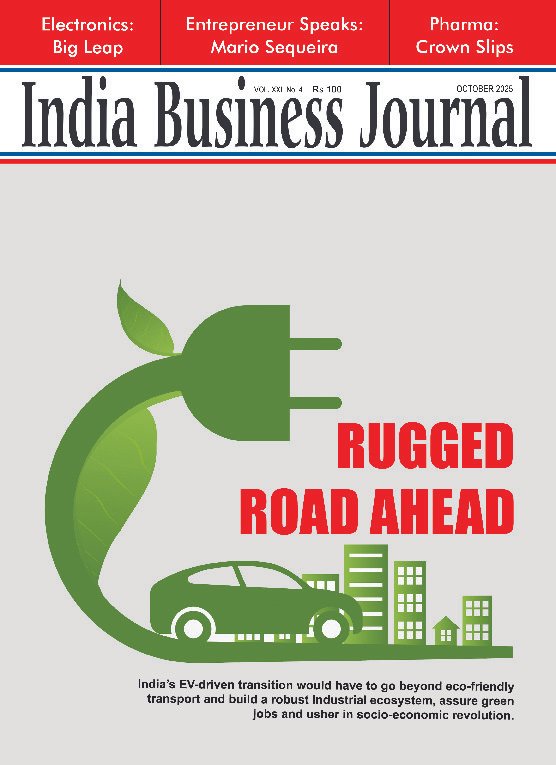
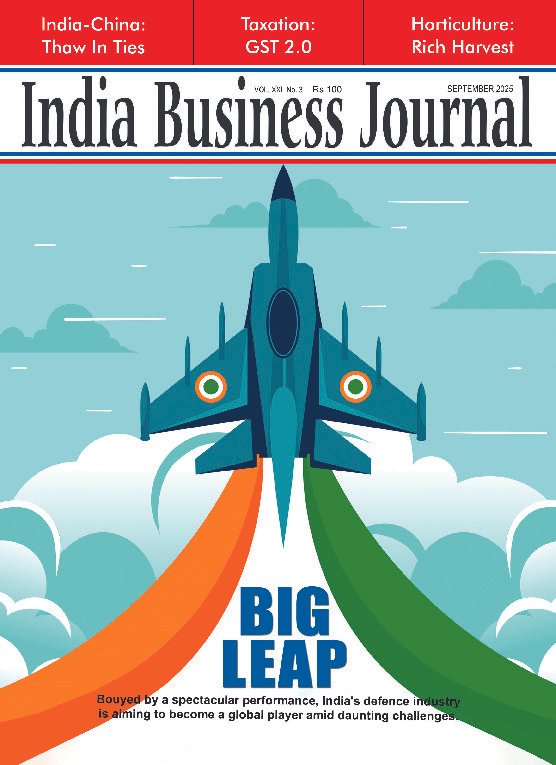
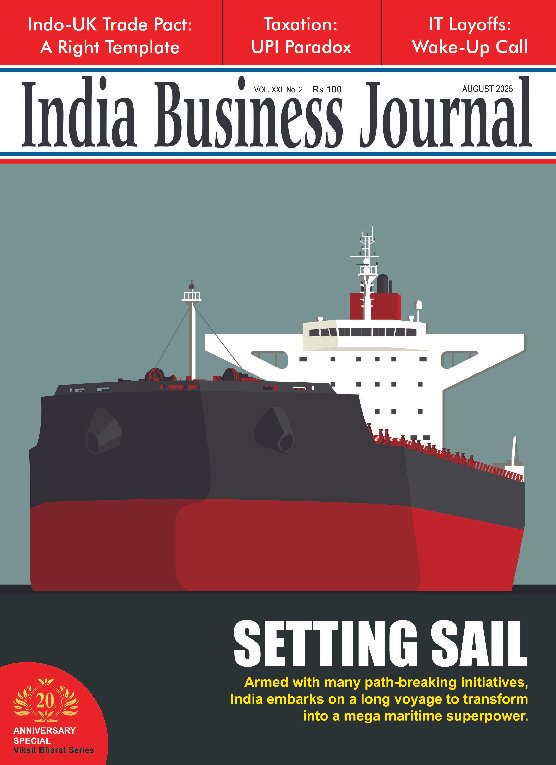







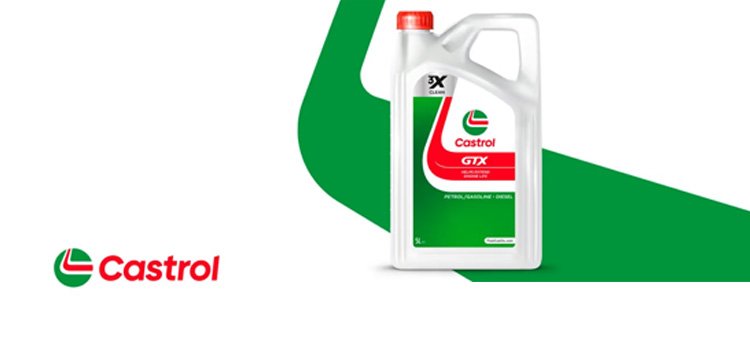

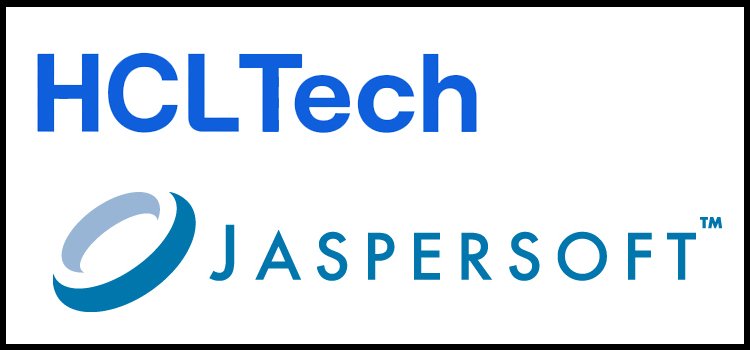





Report By
View Reporter News